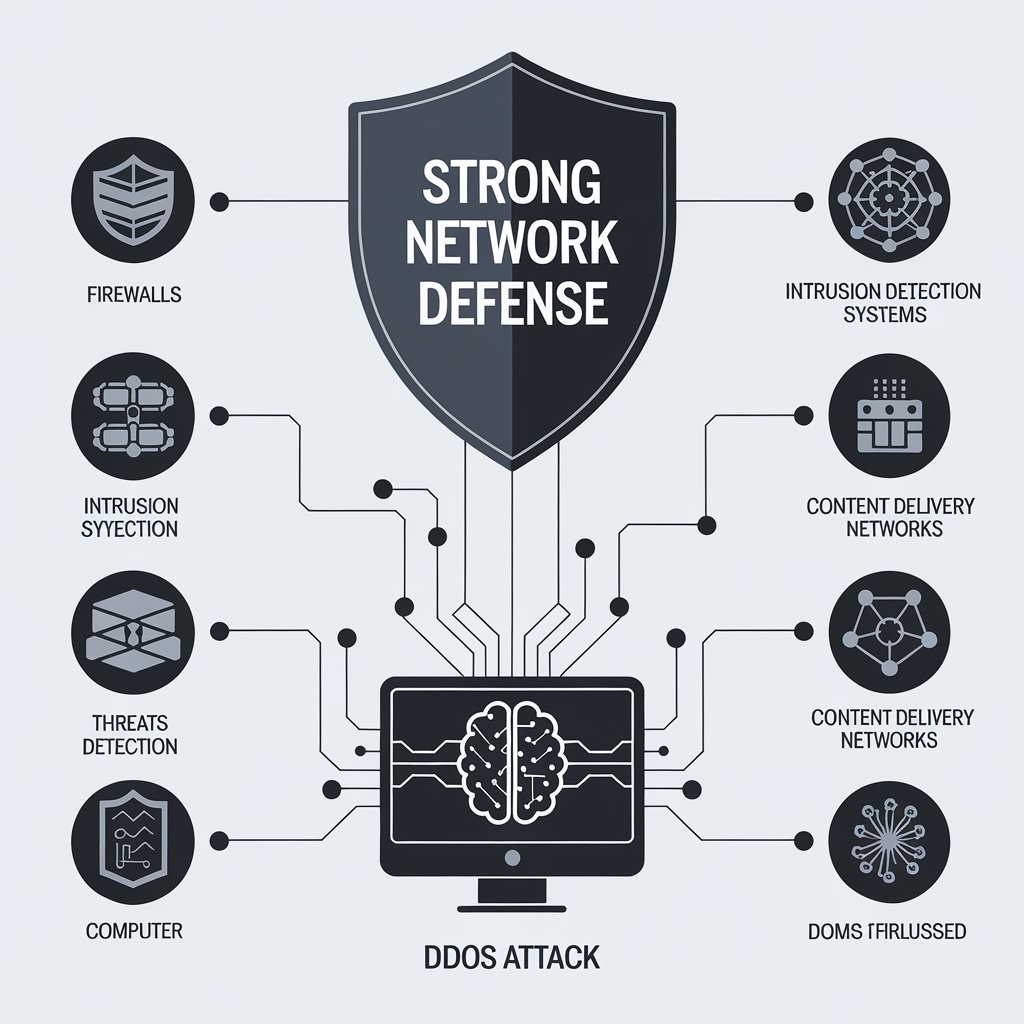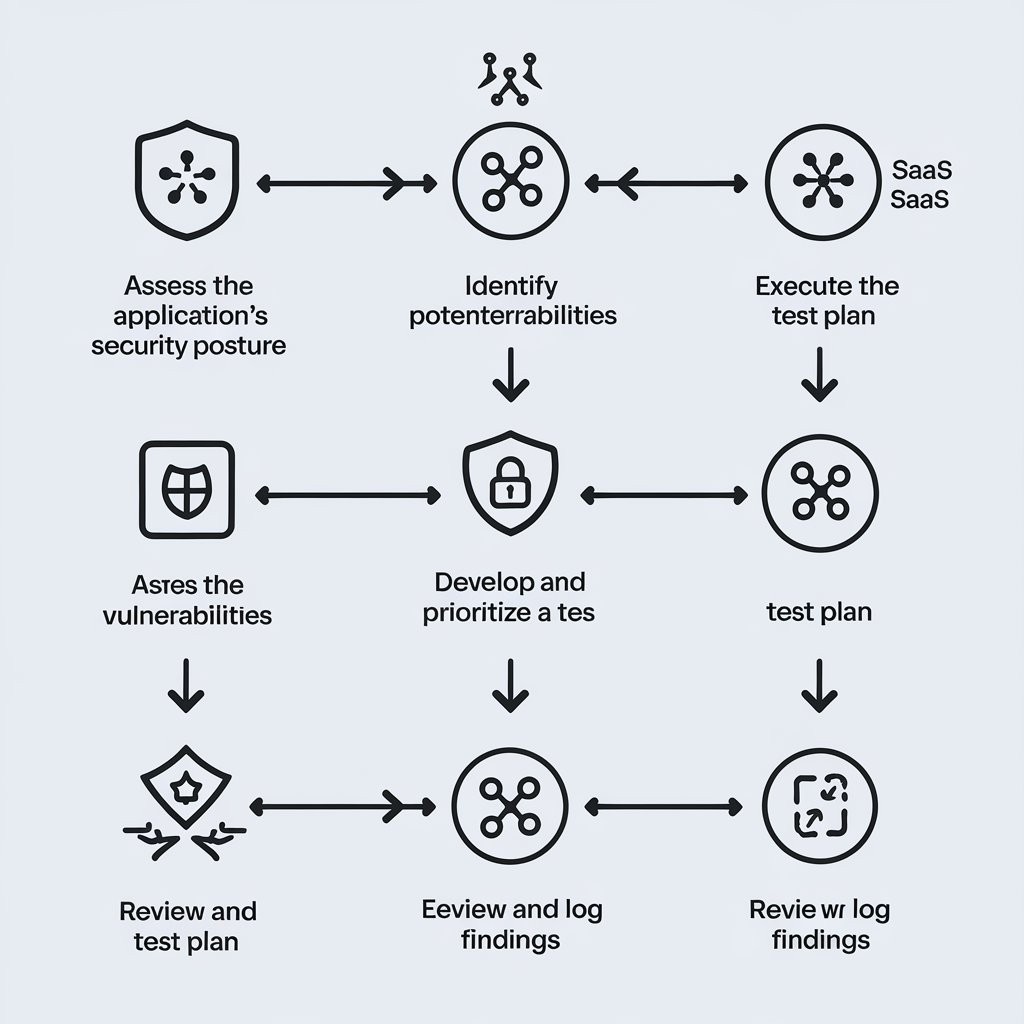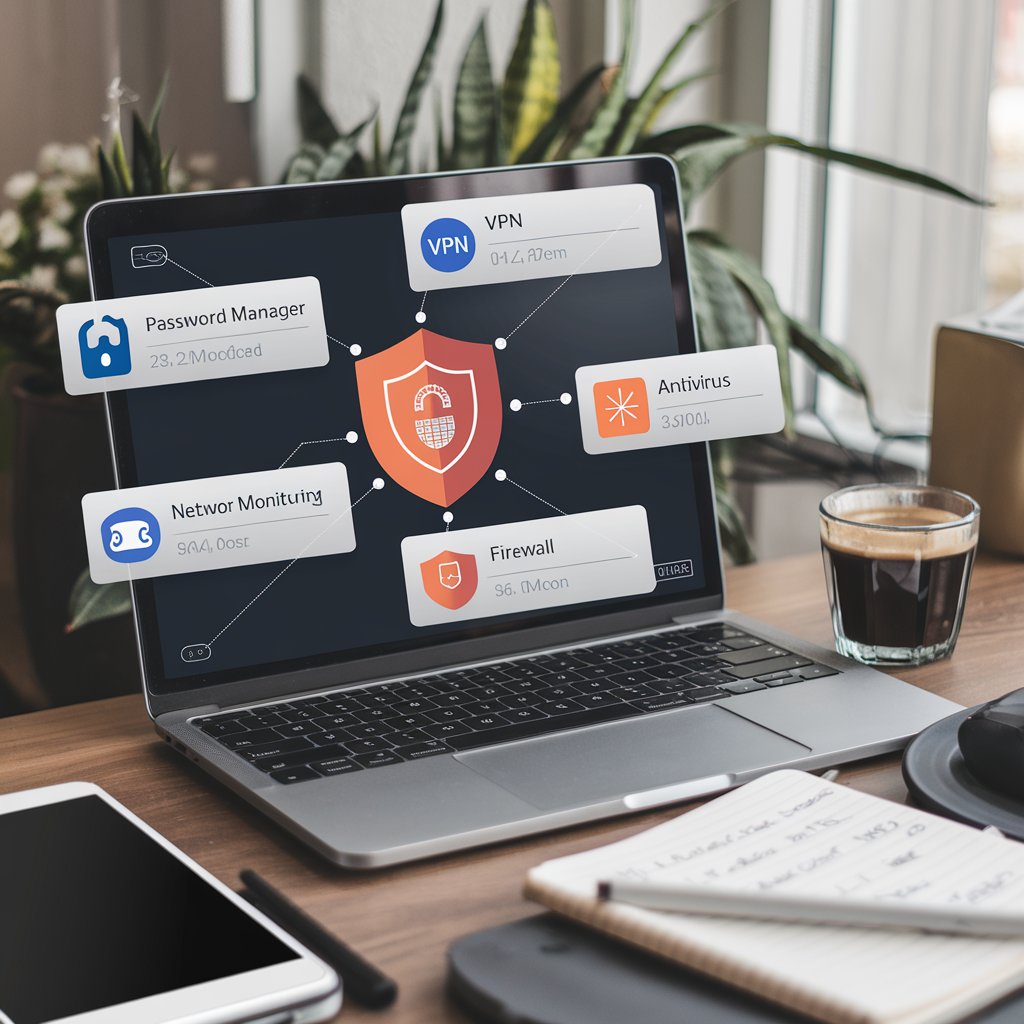How Vulnerability Scanning Can Save Your Business
News & Insights
10 Min Read
How Vulnerability Scanning Can Save Your Business In today’s fast-paced digital world, businesses are increasingly dependent on technology to operate, communicate, and grow. However, with this reliance comes a significant risk: cyberattacks. From ransomware to data breaches, organizations are constantly under threat from malicious actors seeking to exploit vulnerabilities in their systems. This is where vulnerability scanning comes into play as a key component of your cybersecurity strategy. What is Vulnerability Scanning? Vulnerability scanning is the process of identifying, assessing, and addressing weaknesses in your IT infrastructure that could be exploited by hackers. Using specialized software tools, a vulnerability scanner scans your network, systems, and applications for known security flaws, missing patches, misconfigurations, and other vulnerabilities. Once identified, these vulnerabilities can be addressed before they are exploited in an attack. Here’s how vulnerability scanning can save your business:
1. Identifying Hidden Security Risks
Not all vulnerabilities are immediately apparent. Your IT infrastructure is complex, and potential weaknesses might be hidden within the system or software components that you’re not actively monitoring. Vulnerability scanning tools help you uncover these hidden risks before they can be exploited.
By regularly scanning your environment, you’ll identify security gaps such as outdated software, weak passwords, open ports, and improperly configured network settings. Early detection allows you to prioritize these vulnerabilities and mitigate them before attackers can take advantage.
2. Preventing Costly Data Breaches
Data breaches can be devastating for any business. The financial costs of a breach — including fines, lawsuits, and lost customer trust — can be crippling. Vulnerability scanning helps prevent breaches by identifying potential entry points that cybercriminals could exploit.
For instance, unpatched software or weak security protocols in web applications are prime targets for hackers. With vulnerability scanning, you can quickly identify and fix these issues, reducing the likelihood of a successful breach. The cost of a vulnerability scan is a fraction of the cost of a data breach, making it a cost-effective solution for preventing major financial losses.
3. Enhancing Compliance and Avoiding Penalties
Many industries are subject to strict cybersecurity regulations and standards. For example, businesses in healthcare, finance, and retail must comply with laws like HIPAA, PCI-DSS, and GDPR, which require companies to maintain a certain level of security. Failing to comply with these regulations can result in hefty fines and reputational damage.
Vulnerability scanning plays a critical role in ensuring that your business remains compliant with these standards. By scanning for vulnerabilities that could lead to compliance violations, you can fix them proactively, ensuring you meet all regulatory requirements. Regular vulnerability scans demonstrate to auditors and regulators that your business is committed to maintaining a secure environment, helping you avoid penalties.
4. Reducing the Attack Surface
Your business’s attack surface refers to all the potential entry points through which attackers can gain access to your systems. This can include open ports, outdated software, and misconfigured network devices. The larger the attack surface, the greater the chances of an attack occurring.
Vulnerability scanning helps you shrink your attack surface by identifying and eliminating unnecessary vulnerabilities. By regularly scanning your systems, you can close off access points that aren’t being used, patch security holes, and improve configurations to make it harder for attackers to penetrate your network.
5. Improving Incident Response Time
In the event of a cyberattack, quick action is critical. Vulnerability scanning enhances your business’s ability to respond to security incidents by giving you a clear picture of where your weaknesses lie. When vulnerabilities are identified, you can implement rapid fixes, reducing the potential damage an attack could cause.
Moreover, vulnerability scanning tools often come with reporting features that prioritize risks, helping your IT team focus on the most critical vulnerabilities first. This allows your team to allocate resources efficiently, improving incident response times and minimizing disruption to your business operations.
6. Protecting Your Reputation and Customer Trust
In today’s competitive market, your business’s reputation is one of its most valuable assets. A cyberattack, especially one that leads to a data breach, can severely damage trust with your customers, partners, and stakeholders.
Vulnerability scanning can help protect your reputation by preventing such attacks. By addressing vulnerabilities before hackers can exploit them, you demonstrate to your customers that their data is safe with your company. Proactively safeguarding your systems ensures that your customers remain confident in your ability to protect their sensitive information, helping you maintain their trust and loyalty.
7. Cost-Effectiveness
Many small and medium-sized businesses assume that cybersecurity is too expensive, often overlooking vital security measures like vulnerability scanning. However, the reality is that a single cyberattack or data breach can cost a business much more than regular vulnerability scanning would.
For a relatively low cost, vulnerability scanning can provide comprehensive insight into your system’s security and help you address potential weaknesses before they are exploited. This proactive approach is far less expensive than responding to the aftermath of an attack, which can involve recovery costs, legal fees, regulatory fines, and loss of business.
8. Keeping Up with Evolving Threats
Cybersecurity threats are continuously evolving. Hackers and malicious actors are constantly developing new techniques to bypass security measures and exploit vulnerabilities. Vulnerability scanning tools are updated regularly to recognize and identify the latest threats and vulnerabilities.
By using updated vulnerability scanners, your business can stay ahead of emerging threats. This helps ensure that your defenses are as strong as possible against new attack vectors and sophisticated malware.

Conclusion: Proactive Security for Business Success
In an age where cyber threats are constantly evolving, businesses can no longer afford to take a reactive approach to cybersecurity. Vulnerability scanning offers a proactive solution to identify and address security risks before they can be exploited.
By regularly conducting vulnerability scans, businesses can prevent costly data breaches, ensure compliance with industry regulations, reduce their attack surface, and protect their reputation. Vulnerability scanning is not just a technical requirement — it’s a smart business strategy that helps you stay ahead of cyber threats and secure your digital assets.
Ultimately, vulnerability scanning is an essential tool for safeguarding your business in an increasingly dangerous online landscape. By investing in regular scans and prioritizing your cybersecurity, you’re taking a crucial step toward protecting your business, your customers, and your future. audit3aa
Join our newsletter list
Sign up to get the most recent blog articles in your email every week.








